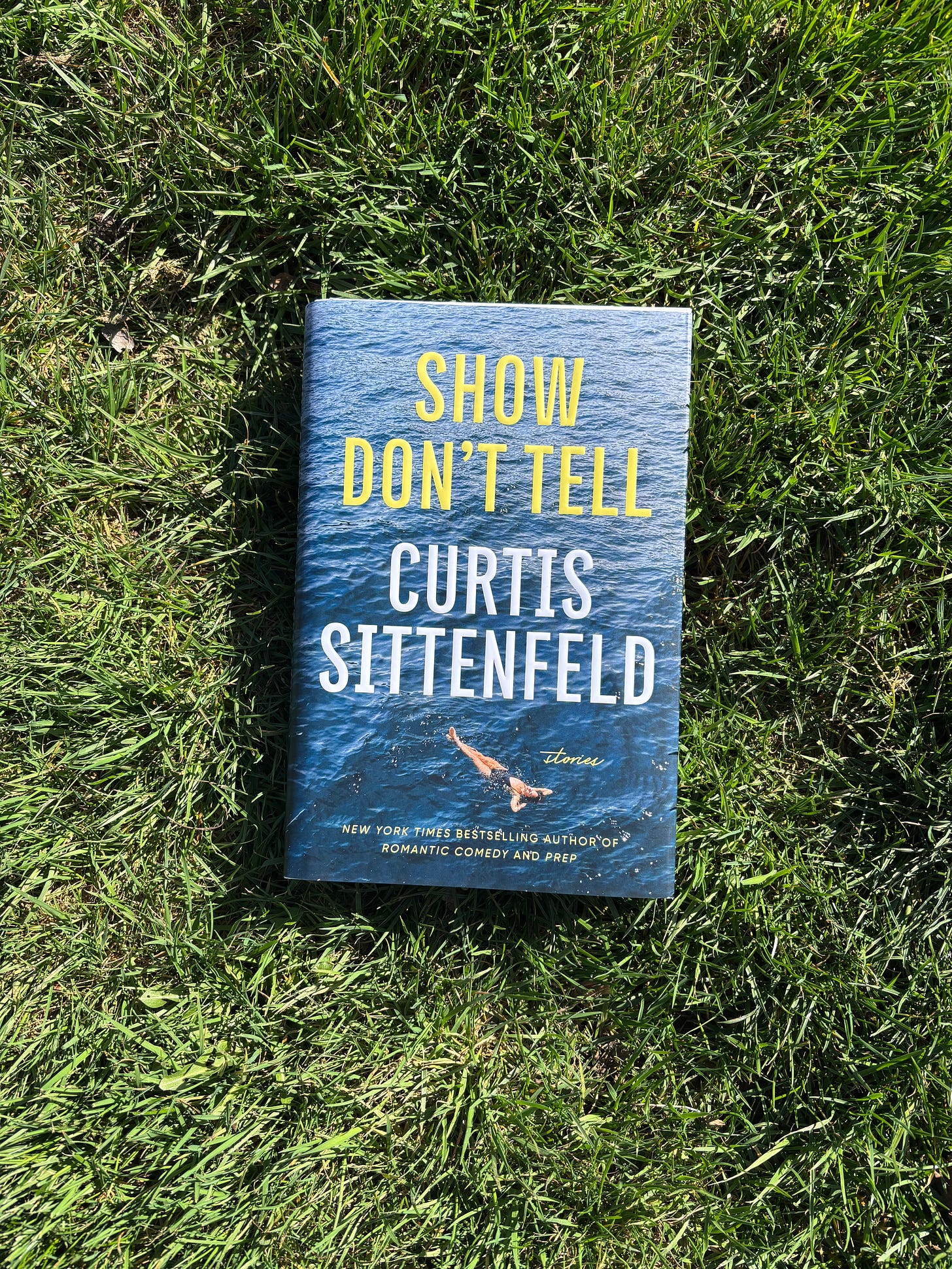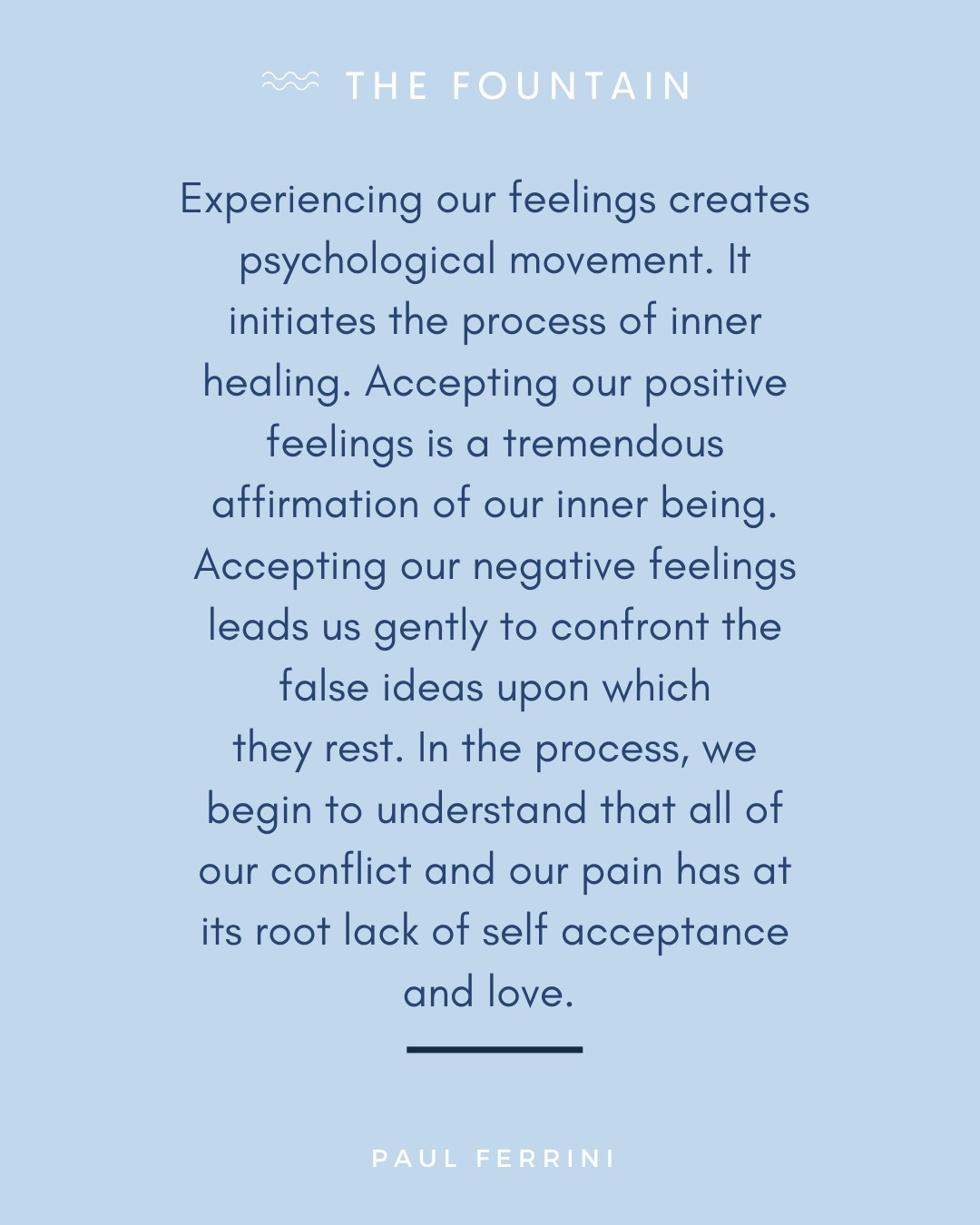Feeling our Impermissible Emotions
Unpacking "feelings aren't facts"; rage on the page; navigating rejection and career
Hello, somehow it’s nearly mid-March! I turn another year wiser this month and have been taking an inventory on how I move through difficult emotions. Which systems are working and which need a tune-up. As always I’m curious in the tangible tools we have to actually do the work versus talking about doing the work, which unfortunately are two different things.
Quickly though, I want to note what I’m reading right now and enjoying so much. Show Don’t Tell by Curtis Sittenfeld is so sharp and funny and really nails the nuances of marriage, MFA programs (IYKYK), aging, the past coming back to the present, etc. It’s smart and moving through the stories has been the balm I’ve needed lately. Also, that cover…swoon.
And please tell me any juicy literary neighborhood novels with domestic suspense and really good writing.
Okay, now onto the post. Thank you for being here.
Impermissible Emotions
I think I thought at the beginning of my adult healing journey that the goal was to become a person who no longer had triggers, was consistent emotionally, and was not swayed by the breeze. As someone who has always appreciated setting a goal, this seemed like the obvious goal. Right?
But something marvelous happens with the passing of time and not being a twenty-four-year-old know it all anymore. I realized that the harder work, and the only possible work actually, is to find a way to befriend the parts of you that get upset, get triggered, and feel their feelings. I’ve been listening to the book “US” by Terry Real. I’m not too far into yet, but I’m loving it for its practical, instantly applicable wisdom. It’s a book about relationships, marriage specifically, but I think anyone listening could get something major out of it. He talks about bringing our “wise adult” to relationships and not our “adaptive child.” I love how he talks about opening new neural pathways as the means to heal and create lasting change, and to do this “the implicit must be made explicit.”
As we created the coursework for The Fountain, it was important to us to include a lesson about impermissible emotions for this very reason. Not much can be done until we are honest about the way we feel. Until we recognize and feel that uncomfortable feeling to its end, and offer the soothing it needs, we will continue to suffer in ways that are unconscious and conscious. Often these unresolved feelings become creative blocks.
Real also says, “Objective reality has no place in personal relationships.” In the same way, I don’t think objective reality has a major place in our relationship with ourselves if we hope to actually move through our sticky points and back into a place of flow and regulation.
Maybe you’re thinking, what? Objective reality doesn’t have a place? But hear me out. While yes, it’s important at times to tune into the facts and nothing but the facts, or for someone trusted to point out things we might not be seeing, or pull us out of a spiral thought pattern that isn’t based in “reality”, I think there’s usually a reason we feel what we feel, even if we can’t find “proof” that our feelings are valid. And to me, it’s the feeling that counts because it’s the feeling I have to live with. It’s the feeling that is shaping my neural architecture.
For a long time I employed the adage to my life: “feelings aren’t facts”. At first this felt like a relieving statement. I had all kinds of feelings that seemed to be getting in my way, that were painting harsh realities that didn’t exist and that were keeping me from deeper connection to others and to the things I was interested in. The idea of “feelings aren’t facts” allowed me some distance from the intensity and a bit of breathing room. These can be really good things.
However, I have come to reconsider my original totally positive stance over the sentiment. While I see it for its benefits, I also see it’s drawbacks. In a feelings aren’t facts model, we might bypass important cues about versions of self that need soothing and processing. Just because maybe my feeling isn’t rooted in a tangible fact-based framework, doesn’t mean there isn’t a valid reason I’m feeling or sensing whatever it is. And it’s the feeling that needs tending every single time.
Here’s an example.
Keep reading with a 7-day free trial
Subscribe to Make Up Your Life to keep reading this post and get 7 days of free access to the full post archives.






